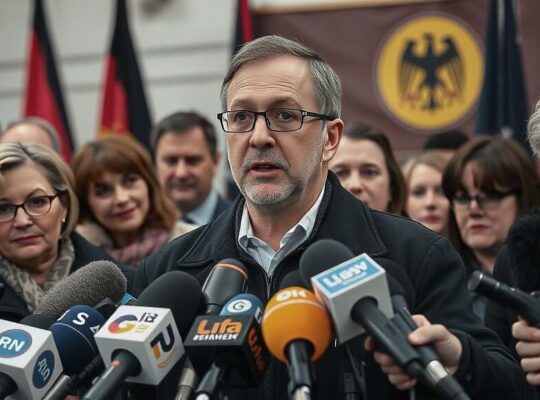A significant majority of members within the Industriegewerkschaft Bergbau, Chemie, Energie (IG BCE), a prominent German trade union representing workers in mining, chemicals, energy and related industries, have expressed strong reservations regarding the German government’s proposal to reform working hours.
According to a recent survey conducted by the IG BCE and reported by Handelsblatt, over three-quarters (77.2%) of the 4,808 members surveyed voiced concerns, describing the plan to replace the existing daily working hour limit with a weekly maximum as “rather negative” or “very negative”. The survey, which took place between August 1st and September 17th, encompassed individuals working in sectors including chemicals, pharmaceuticals, rubber, plastics, paper and energy.
Furthermore, over half (54.7%) of those polled indicated that their current working time models already provide a substantial degree or at least a sufficient level of flexibility.
Comments made by German Chancellor Friedrich Merz, suggesting a need for Germans to work more efficiently, were not embraced by nearly 70% of the surveyed IG BCE members.
“For our members, the current proposal by the government to abolish the eight-hour workday is superfluous” stated IG BCE Chairman Michael Vassiliadis in comments to Handelsblatt. He characterized the proposal as representing an outdated perspective on working life, potentially detrimental to individual health and workplace safety.
The planned labor market reform is expected to be a key topic of discussion at a meeting scheduled for this Tuesday, where Federal Minister of Labor Bärbel Bas (SPD) will convene representatives from employer associations and unions to debate the specifics of the proposed changes.












